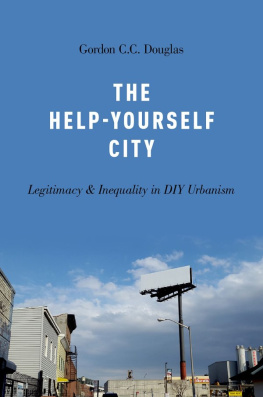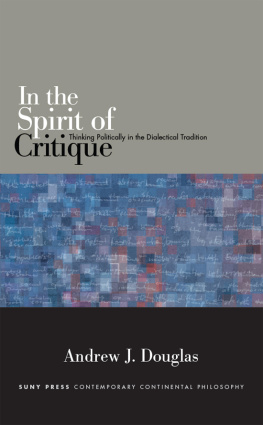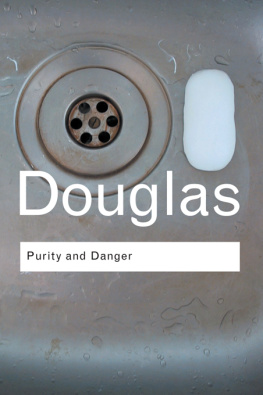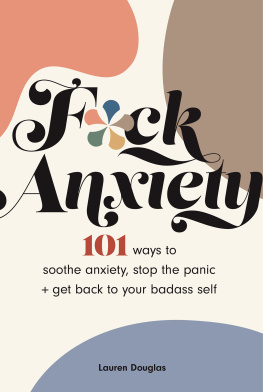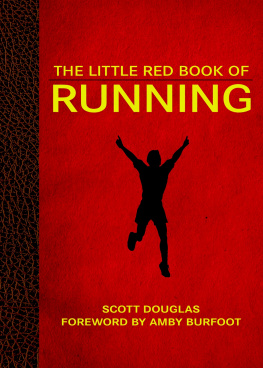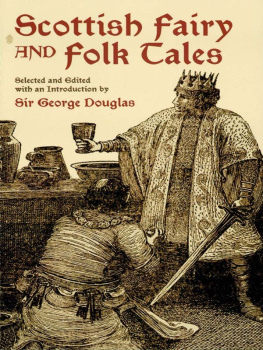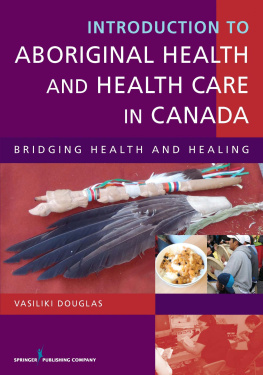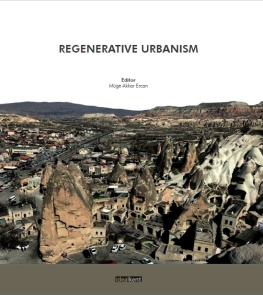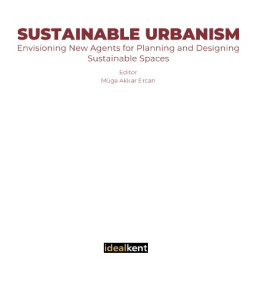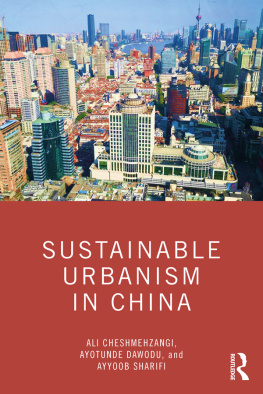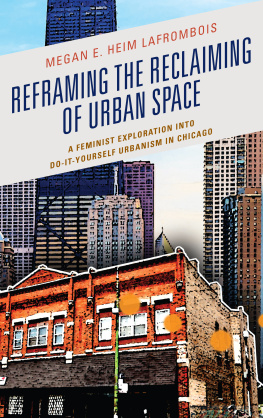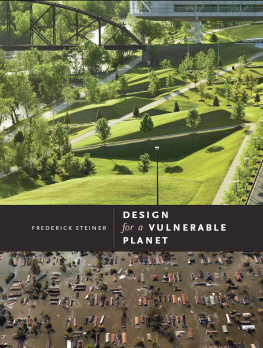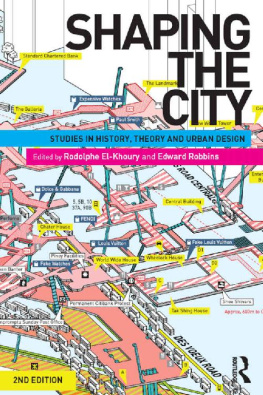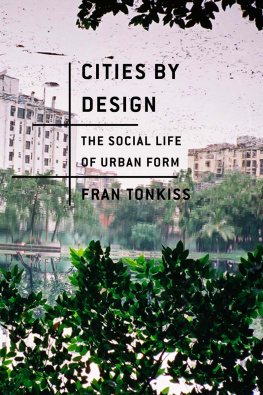The Help-Yourself City

Oxford University Press is a department of the University of Oxford. It furthers the Universitys objective of excellence in research, scholarship, and education by publishing worldwide. Oxford is a registered trade mark of Oxford University Press in the UK and certain other countries.
Published in the United States of America by Oxford University Press 198 Madison Avenue, New York, NY 10016, United States of America.
Oxford University Press 2018
All rights reserved. No part of this publication may be reproduced, stored in a retrieval system, or transmitted, in any form or by any means, without the prior permission in writing of Oxford University Press, or as expressly permitted by law, by license, or under terms agreed with the appropriate reproduction rights organization. Inquiries concerning reproduction outside the scope of the above should be sent to the Rights Department, Oxford University Press, at the address above.
You must not circulate this work in any other form and you must impose this same condition on any acquirer.
Library of Congress Cataloging-in-Publication Data
Names: Douglas, Gordon C. C., author.
Title: The help-yourself city : Legitimacy and Inequality in DIY Urbanism /
Gordon C.C. Douglas.
Description: New York, NY : Oxford University Press, [2018] |
Includes bibliographical references.
Identifiers: LCCN 2017013747| ISBN 9780190691325 (pbk.) |
ISBN 9780190691332 (hardcover) | ISBN 9780190691356 (updf) |
ISBN 9780190691363 (epub)
Subjects: LCSH: City planning-Citizen participation. | Community development.
Classification: LCC HT166 .D66424 2018 | DDC 307.1/216-dc23
LC record available at https://lccn.loc.gov/2017013747
To my parents, for making it all possible.
To Emily, for making it all infinitely better.
To Isla and Oolina, for making it all worth it.
CONTENTS
Like all books, and especially works of ethnographic and interview-based social science, this book owes its very existence to an enormous number of people. Its hard to know where to start; its almost tempting to try to construct a table of the sort that collects all my interviewees here. Indeed, every name in that list of interviewees would also appear in a new table of thanks! So, Ill start with them.
My sincere and heartfelt thanks go to the do-it-yourself urbanists and planning and design professionals with whom I spoke, and everyone else who participated in my research. From anonymous sign-makers to well-known (and in-demand) public figures, the individuals who took time out of their days to speak with me, despite concerns about the nature of their activities or their jobs, are very literally the heart and soul of this project. These pages are filled with their exciting and innovative ideassome of which I have rather ignobly picked apart or used as less than admirable examplesand the study would have been inconceivable without them. If I am wary of the intentions or impacts of some interventions, the truth is I am filled with hope for their potential and for the dynamism that they represent. And Im heartened to reflect on just how many of these inspiring people have become my friends.
Next, while I have been deeply privileged to spend so much of my life learning in formal educational settings, to equate learning, knowledge, even scholarship only with schooling is to undervalue the essential role of family and community in these things. I can say with certainty that I would not be where I am without the unflinching support of my parents, Kathy and Gordon Douglas. They have tirelessly nurtured my curiosity and encouraged my passions, academic and otherwise. They retired from fulfilling and inspirational careers just as I in many ways began my own (this coincidence is a fun side effect of having spent three decades in school), and it became only clearer to me how much I owe my parents for showing me how life ought to be lived, not to mention how to pass that on to a child. Academia can be an all-consuming occupation, yet my dad exemplifies balance across his passions as not only a committed scientist but also a loving father, voracious traveler, and ceaseless creator of beautiful things. My mom instilled in me creativity, imagination, and persistent inquisitiveness as foundational values and remains a wellspring of love and guidance to me and now to my children. My parents set me on my path and have emboldened me along it every step of the way. (They also chose to raise me in a richly intellectual, communitarian, and urban design-obsessed college town, which probably has something to do with this book too.)
If my parents set me on the path to my academic career, it is my friends who have actually kept me on it against doubts and obstacles, while helping keep everything in perspective. Over beers and long journeys, on balconies, rooftops, and bike rides, they encouraged and validated my pursuits and critiqued, prodded, debated, and improved my work. You guys. You are brilliant and passionate and if what Im doing doesnt matter to you then it doesnt matter. Anyone who knows me knows how strongly I believe that scientific research, and especially social science, must speak to people beyond the academic paywall. My friendsin California, in New York, and in kick-ass towns and cities all over the mapare that critical audience; they keep me honest and ask the toughest questions, and I have tried to write this with them in mind.
The same goes for the rest of my family. My brother Alex and his wife, Abby, are models for living well, with conscience and without pretentiousness. My second set of parents, Jon and Susan Art, have done more for me than many people could hope for from their own parents and made Chicago home. Steve, Julia, Chris, and Hannah likewise welcomed me into a growing family without a moments hesitation. Extended families around the United States and the United Kingdom have all taken me in, often at the dear cost of having to listen to a considerable volume of babble about urban inequality, the contradictions of hipster culture, and amateur architectural criticism. Each of these people sets a standard for love and generosity, and I am so grateful for their unconditional support.
Of course, as foundational as these informal role models are, after nearly three decades in the classroom youre going to have had some pretty important formal teachers too. I was fortunate to have the opportunity to learn from a series of exceptionally motivating, inspiring, and challenging individuals, all of whose impacts are felt in the pages of this book. David Andrus, Steven Lamy, and Geoffrey Cowan at the University of Southern California taught me not only to be a scholar but also to be a critical one. At the London School of Economics, I first met Saskia Sassen and Ed Soja, luminous thinkers who offered their generously sincere interest in my ideas and turned a half-interested student of globalization into an insatiable student of cities, space, and urban culture. This process continued back at USC Annenberg under the inspiring tutelage of Manuel Castells and Christopher Holmes Smith, who nurtured kernels of ideas that are now very present here.
By the time I arrived at the University of Chicago, I was primed to seek out and connect the dots between the thinking of geographer Michael Conzen on reading the city as a cultural text and the artist Theaster Gates on intervention and public practice, and of course numerous influential sociologists. I had never even taken a sociology class before arriving at Chicago, but thoughtful teachers like Lis Clemens and Andreas Glaeser quickly inspired a love for the discipline. Terry Clark, Omar McRoberts, and Richard Taub shaped my love for urban sociology. These names read like a greatest hits list of the sort of research I hope to contribute to. I am incredibly fortunate to count them all not only as inspirations but also as mentors and friends. All influenced me greatly.

